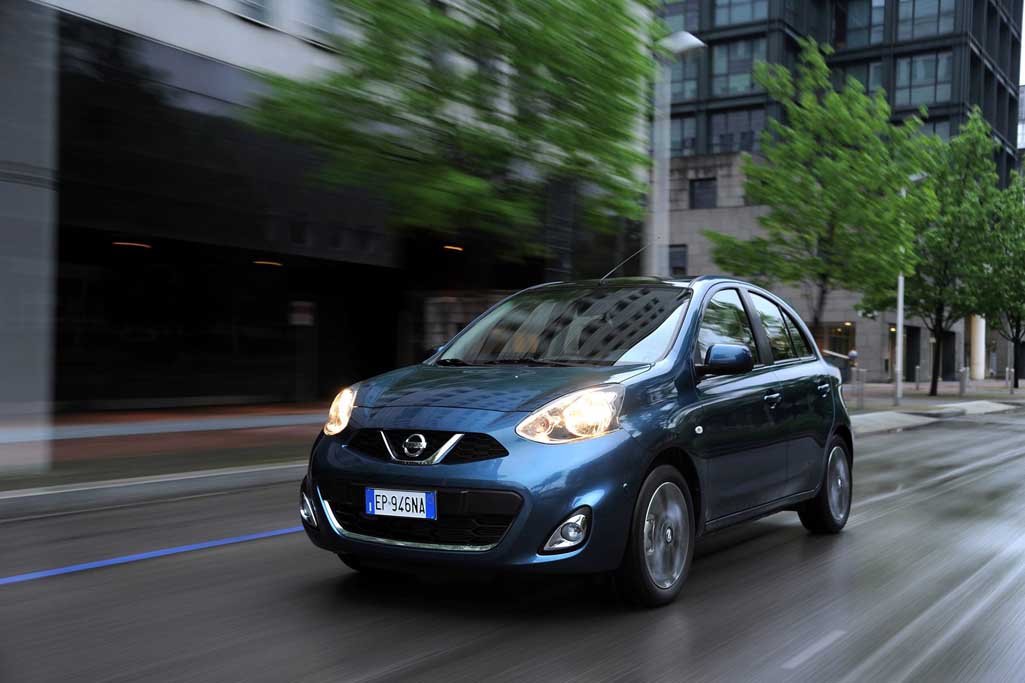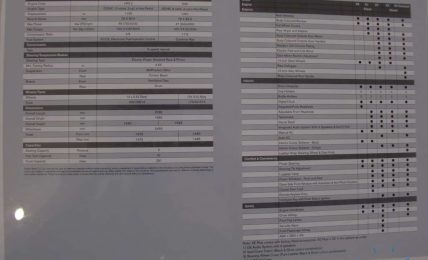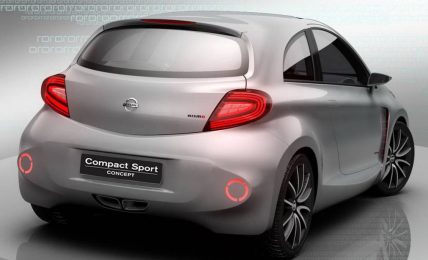Nissan is expanding its production scale to design the new 1.0-litre engine for the next generation Micra. The company has also partnered with NASA to develop autonomous cars.

The next generation Nissan March (known as the Nissan Micra in India) will feature an all new engine. The 1.0-litre, 3-cylinder motor will deliver 76 BHP and a torque of 98 Nm. The company will start production of the new model at its Rio de Janerio plant. The advanced engine will have an aluminium block, 4-valves per cylinder and cutting-edge features. The maker claims the engine to be of high performance, energy efficient and low in CO2 emissions. The Nissan’s Brazil manufacturing plant has a huge capacity to produce 2,00,000 engines per year with a strict quality control on its power house.
Nissan announced it is making the new 1.0-litre petrol engine at its Brazilian plant because of the huge infrastructure and environment friendly machinery. The Japanese automobile manufacturer expanded its production scale to broaden its market and design new and innovative technologies. The project of producing engines involves a total investment of R$100 million (Rs. 235 crores).
The Brazilian production plant is situated at Resende Industrial Complex in Rio de Janerio State. The auto factory is vast having experienced engineers and all new equipments. Nissan is expecting hugely from this project and is looking forward for production to start soon.
Nissan won’t be launching the next generation Micra in India as the company plans to produce the new model in Europe, against manufacturing it in India like it currently does. For India, the automaker will develop another version of the next generation Micra which will be underpinned by the V-Platform while the global model will use the CMF platform which was recently announced by the Japanese firm.
In other news, Nissan is taking an advanced step and teaming up with NASA with a mission to design new autonomous cars. NASA recently announced a five-year research-and-development bond with Nissan. The team targets to commercialize the autonomous car and introduce driverless technology to consumers by 2020. The plan includes to design safety technology in cars through sensors that can detect collision and brake automatically. The unique automation in cars to self-park themselves is also being worked on. The tie-up will be will be beneficial for both NASA and Nissan. Other automaker like Ford, General Motors and Toyota are also working on a similar technology of driverless cars.





